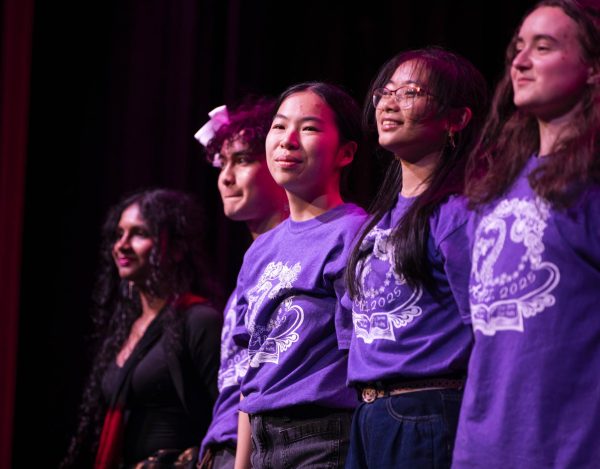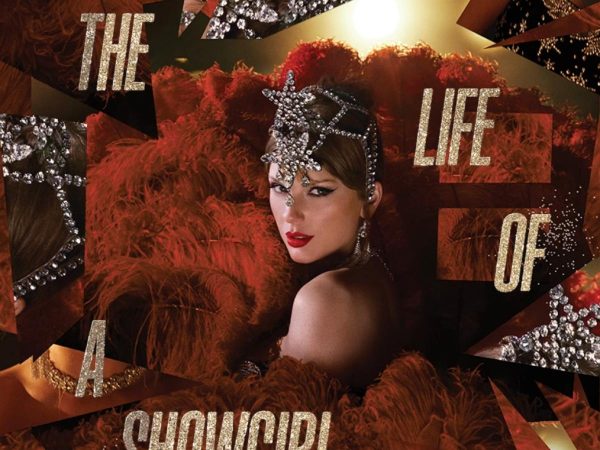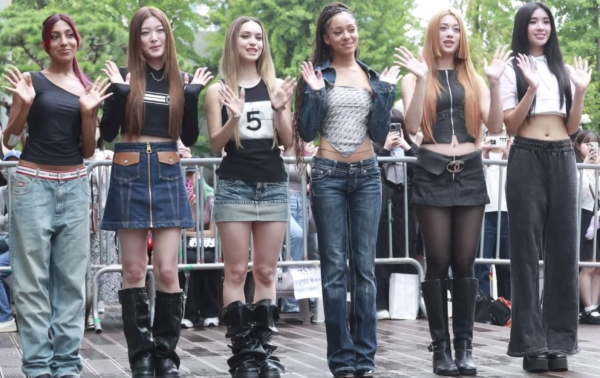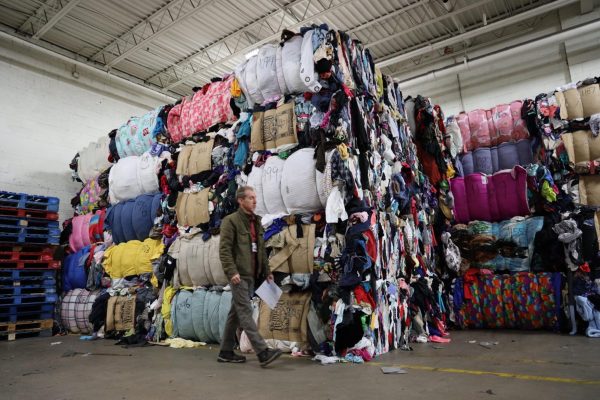Celebrating Women’s History Month
Following the tributes to Black History Month in February, Women’s History Month became the new focus of the public eye in March. Declared to be an annual occurrence in 1987, Women’s History Month is intended to “encourage the study, observance, and celebration of the vital role of women in American history” according to the official Women’s History Month government website. It’s also important to emphasize that, however publicized these dedicated months are, representation for the oppressed and marginalized groups should be a year-round effort.
From historical trailblazers like Susan B. Anthony, Rosa Parks, and Sojourner Truth to more modern activists like Malala and Hillary Clinton, women continue to fight for a necessary voice in societies across the world. In a little trip through time, we can conclude that women have been treated unjustly in politics, society, and the workplace as long as history lends itself to us. In America, Wisconsin was the first state to grant women the right to vote and hold positions of office. This event occurred 93 years after America was founded, allowing nearly a century to pass where women lacked the ability to have a voice in important government issues, many of which affected them directly.
However, the 19th Amendment, which declares “the right of citizens of the United States to vote shall not be denied or abridged by the United States or by any State on account of sex” was not instated nationally until 1920, nearly half a century later.
In 1963, President Kennedy signed the Equal Pay Act, protecting women’s wages from discrimination in the workplace, yet it is important to highlight that we still see a significant pay gap in many industries today. In just 1972, the Title IX laws were signed by President Nixon. This title states that, “No person in the United States shall, on the basis of sex, be excluded from participation in, be denied the benefits of, or be subjected to discrimination under any education program or activity receiving Federal financial assistance.”
The following year, in 1973, Roe V. Wade was seen by the Supreme Court, ending in the protection of a womens’ legal right to an abortion. Although legalized over 60 years prior, Sandra Day O’Connor was the first woman sworn into the Supreme Court in 1981. In 1994, President Clinton signed the Violence Against Women Act, which opened help centers for for victims of domestic violence, rape, sexual assault, and more. It is important to note that, despite the fact that nearly all these federal laws were finalized and legalized by men in government positions, the credit needs to be attributed to the historical, unstoppable women whose actions pushed these laws to the front of federal agendas and whose activism inspired women for generations to come, leading up to the passing of these laws.
Although commemoration of events in women’s history is crucial to history, it is also vastly important to bring light to current women’s issues. In a shocking statistic from a 2019 national study conducted by Stop Street Harassment, a nonprofit organization that strives to document and end gender-based public harassment internationally, at least 81% of women reported experiencing a form of sexual harassment or assault in their lifetimes. No matter how many laws are passed by the federal government, the societal mindset that places women in situations where, arguably, the majority experience some form of sexual assault, is rooted in immense sexism that is prevelant worldwide.
While women continue to stand up for their rights and safety, social change also requires enthusiasm from men. Although not enough, some men have used their social media platforms and connections to bring awareness to the movement. For example, Justin Baldoni, known for his role as Rafael Solano in Jane The Virgin, recently released his book “Man Enough: Undefining My Masculinity.” In a TED Talk called “What It Means To Be ‘Man Enough,’” Baldoni explained to the crowd that “This is the script that we’ve been given. Right? Girls are weak, and boys are strong. This is what’s being subconsciously communicated to hundreds of millions of young boys and girls all over the world, just like it was with me. Well, I came here today to say, as a man, that this is wrong, this is toxic, and it has to end.” Just like Baldoni, men worldwide need to step up in consolidation with women in order to affect positive social change.
As March passes, it is crucial to remember that women’s issues are vastly important year round and women, as well as men, need to stand up and be loud, through avenues such as the media, in order to affect substantial social change and make women of the global population feel safer.

Olivia Kimbrough is a 2023 at FM High School. She joined The Buzz her freshman year of high school and her love for both writing and staff has only grown...












